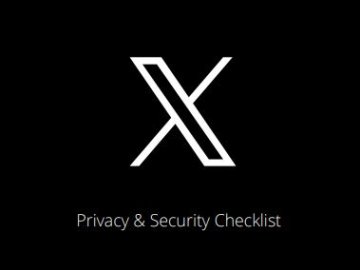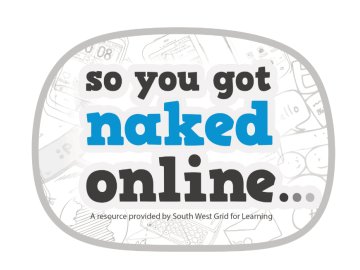It’s been a busy summer for lots of young people who have been receiving their grades or trying to make the most of their time off. With the final few weeks of the summer break approaching, there are plenty of opportunities to prepare yourself and your students for the start of the new school year.
Supporting Students
Students will have spent plenty of time on their phones, laptops, and gaming consoles this summer. Yet, with the constant emergence of new trends and updates emerging online, it’s important to be in the know about what’s been going on and how you can support your class with new and existing experiences online.
Digital Wellbeing
Many young people will find it difficult to transition back to school routines, and taking a step away from the internet and into normal life can be hard for students to adjust to. It’s important to support students as they get used to this transition and to ensure they know the appropriate behaviours around using devices at school. The start of the school year is a good opportunity to have open conversations around healthy online habits, and to find out if anything has been affecting students’ digital wellbeing over the summer.
Whether it be through encouraging critical thinking around information and online harm, to exploring how young people can find positive influences online, there are many small habits that can be introduced into young people’s lives to support them online.
You can find out more about digital wellbeing through our Digital Wellbeing Hub, which provides information, guidance and resources to help support digital wellbeing within education environments.
Access the Digital Wellbeing Hub
Reporting Harmful Content
Alongside supporting digital wellbeing, it’s important to remember that many young people could have stumbled across harmful content whilst browsing online. Ensuring young people know what to do if they come across something harmful online is essential to both theirs, and others, wellbeing.
To support students to report instances of online harm, you can signpost to Report Harmful Content, a service that gives advice to anyone over the age of 13 on how to report legal but harmful online content. Alongside this, Report Harmful Content can escalate reports to many major online platforms, including TikTok, Facebook, and Twitter.
Schools and Colleges can also download the Report Harmful Content Button to their website, enabling students to easily access reporting routes. To find out more about how to download the Button to your school website, visit the Report Harmful Content website.
Anonymous Reporting
Encouraging young people to open up about concerns can be hard, particularly when they are getting used to new classes and teachers. Using anonymous reporting routes such as Whisper can help students safely highlight concerns or experiences that are impacting their wellbeing. By using anonymous reporting routes, members of the school community can speak to safeguarding leads or another trusted adult in a safe and secure manner, allowing professionals to gain an understanding of any situations they may need to address.
Whilst anonymous reporting is an essential process, it is used to assist existing safeguarding policies and practices ensuring that strong wellbeing strategies can be implemented. You can find out more about how to utilise Whisper in your school, on our website.
ProjectEVOLVE
Addressing and improving student digital literacy is important, to support young people as they continue to experience a range of online scenarios. Teachers can access ProjectEVOLVE for free to develop their online safety curriculum and to ensure that all students can improve their critical thinking of the online world.
Through tools and materials, ProjectEVOLVE supports schools and colleges to address and understand the digital literacy of young people in their care, and assists teachers to educate, guide and support young people through their use of technology.
Support for Teachers
For many teachers, returning after the summer and anticipating what to expect can be difficult. With new online trends and social media platforms emerging, it’s important to take time to be aware of what you can do to protect both yourself and your students online.
Social Media Checklists
To keep your profiles safe online, you can download our free checklists from our website which can help teachers and young people to stay in control of your privacy settings across platforms such as TikTok, Snapchat, Facebook and more.
Professionals Online Safety Helpline
If you have any online safety concerns that impact you, your colleagues or the young people in your care you can contact the Professionals Online Safety Helpline, which is open from Monday to Friday, 10am to 4pm.
Professionals Online Safety Helpline
Further advice and support for Back to School
The guidance and tools we’ve provided through this article provides a snapshot of the support that is available as we all begin to look ahead to the new school year. To access further essential guidance, tools and resources, professionals can also visit our Back to School Hub; ensuring that they are fully prepared for September and beyond.






